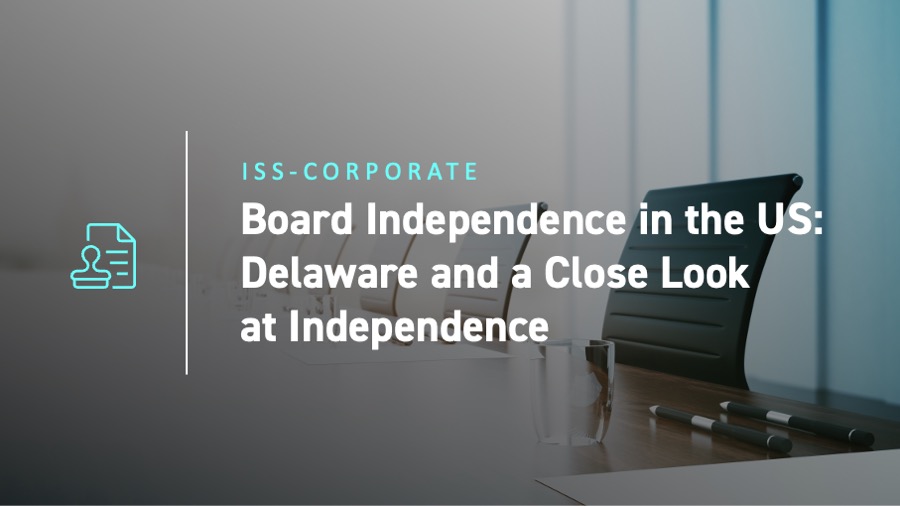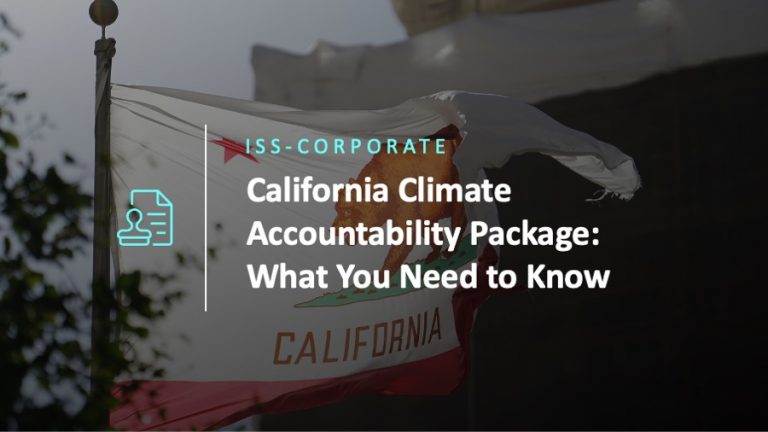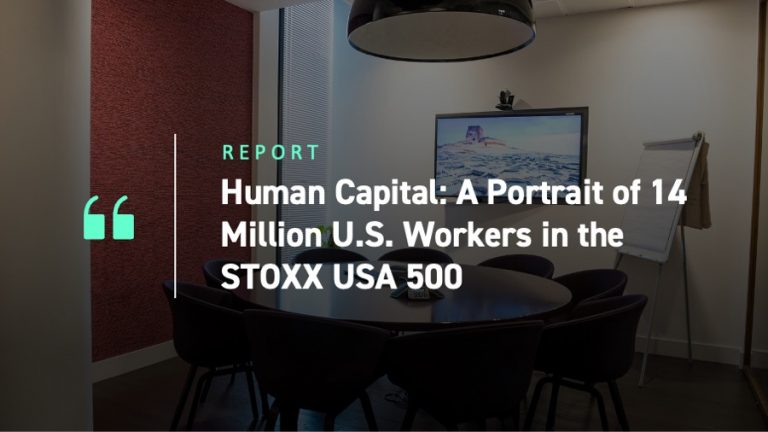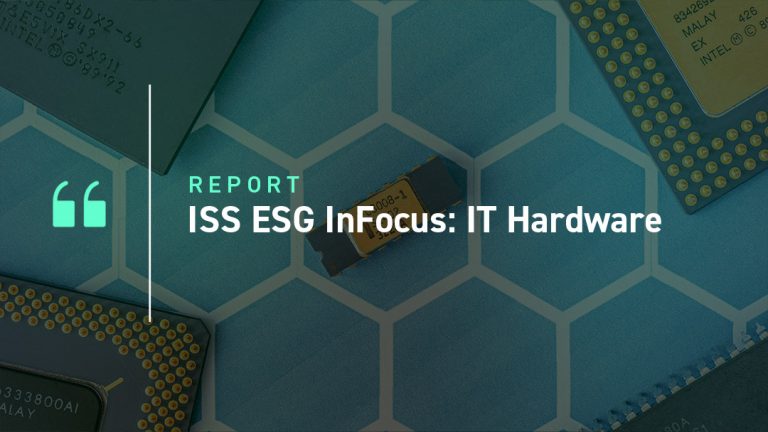Below is an excerpt from ISS-Corporate’s recently released paper “Board Independence in the US: Delaware and a Close Look at Independence”. The full paper is available for download from the ISS-Corporate online library.
KEY TAKEAWAYS
- A Delaware judge’s decision to void $55.8 billion in compensation for Elon Muskwas a noteworthy event for shareholders and corporate issuers, not only regarding compensation, but also the complexities around evaluating director independence.
- Traditional measurements used by major exchanges and proxy advisors seem to show that board independence in the U.S. is robust, but some less obvious non-independent traits may lurk beneath the surface.
- Our research indicates that Delaware courts could more frequently consider non-traditional/non-financial factors in evaluating board independence, process, and fair dealings with shareholders than widely believed.
“Was the richest person in the world overpaid?” So began the post-trial opinion regarding the lawsuit brought by a shareholder against Tesla, its CEO Elon Musk and some of the company’s directors. The Tornetta v. Musk trial and the headline-grabbing Jan. 30 ruling by Chancellor Kathaleen McCormick of Delaware’s Chancery Court touched on multiple issues, with corporate governance at the heart of all.
It can be difficult to look beyond the dollar signs in that decision, as the judge moved to void a massive pay package for a well-known CEO. Now Tesla is asking shareholders to vote once again on the 2018 pay package struck down by the ruling, attaching as an annex to its proxy statement the full text of the post-trial opinion so shareholders have all the information at hand that the court deemed pertinent to the decision.
How Tesla shareholders ultimately respond to this unusual “do-over” opportunity at the company’s annual meeting on June 13 will be fascinating. However, it’s arguable that the true crux of the issue extends far beyond one high-profile company and its upcoming annual meeting, and instead relates to fair and informed dealings with shareholders in general. Major takeaways include why board independence (and proper disclosure thereof) matters, and how to navigate some nuances beyond the standard formats for whether a board is truly independent.
Meanwhile, Delaware is in the spotlight, not just because Tesla seeks shareholder approval to reincorporate from Delaware to Texas, but also due to indications of a willingness to look at non-traditional indicators of director independence even beyond the Tesla case. Given its leading role in corporate law and preferred status as a state of incorporation, increased scrutiny beyond standard definitions of independence could be a significant development for corporate issuers and a win for shareholder democracy. Delaware’s strong influence and role as trusted arbiter of corporate law is underlined by a recent ISS-Corporate analysis showing that Delaware is not only the most common state of incorporation for public companies, but also that proposals seeking to reincorporate elsewhere are rare.
Internal processes including independent compensation committees and proper checks and balances should be top of mind for any publicly held corporation in the wake of this ruling. Shareholders may take a second look at board composition, whether existing rules and guidelines always tell the full story of director independence, and the benefits of robust processes.
Plus, there are serious ramifications around the fact that Delaware legal cases against companies could increasingly expose opaque board oversight processes and more interconnected boards than previously believed.
By: Alyce Lomax, Associate Vice President, Advisory, ISS-Corporate




